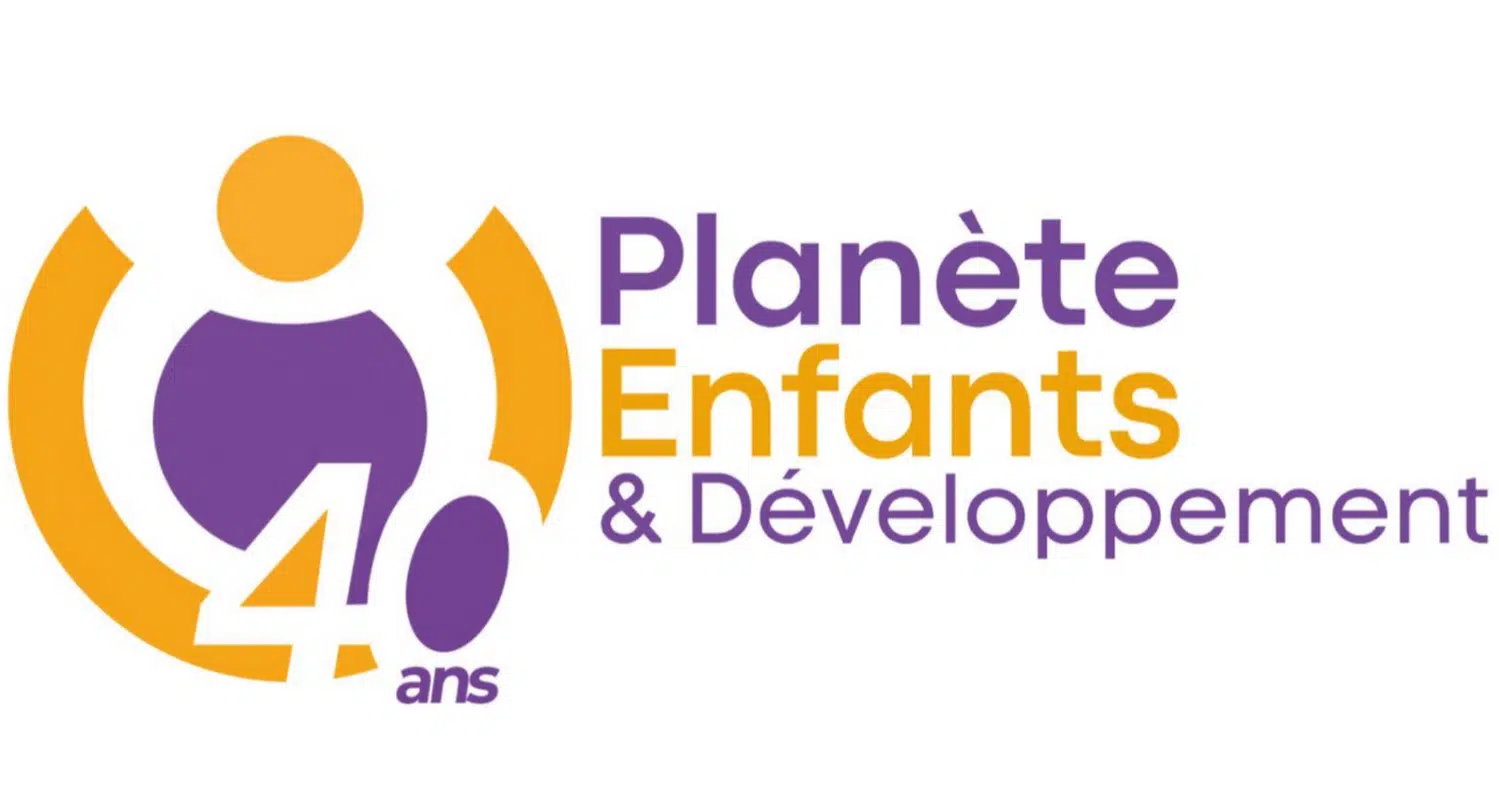France
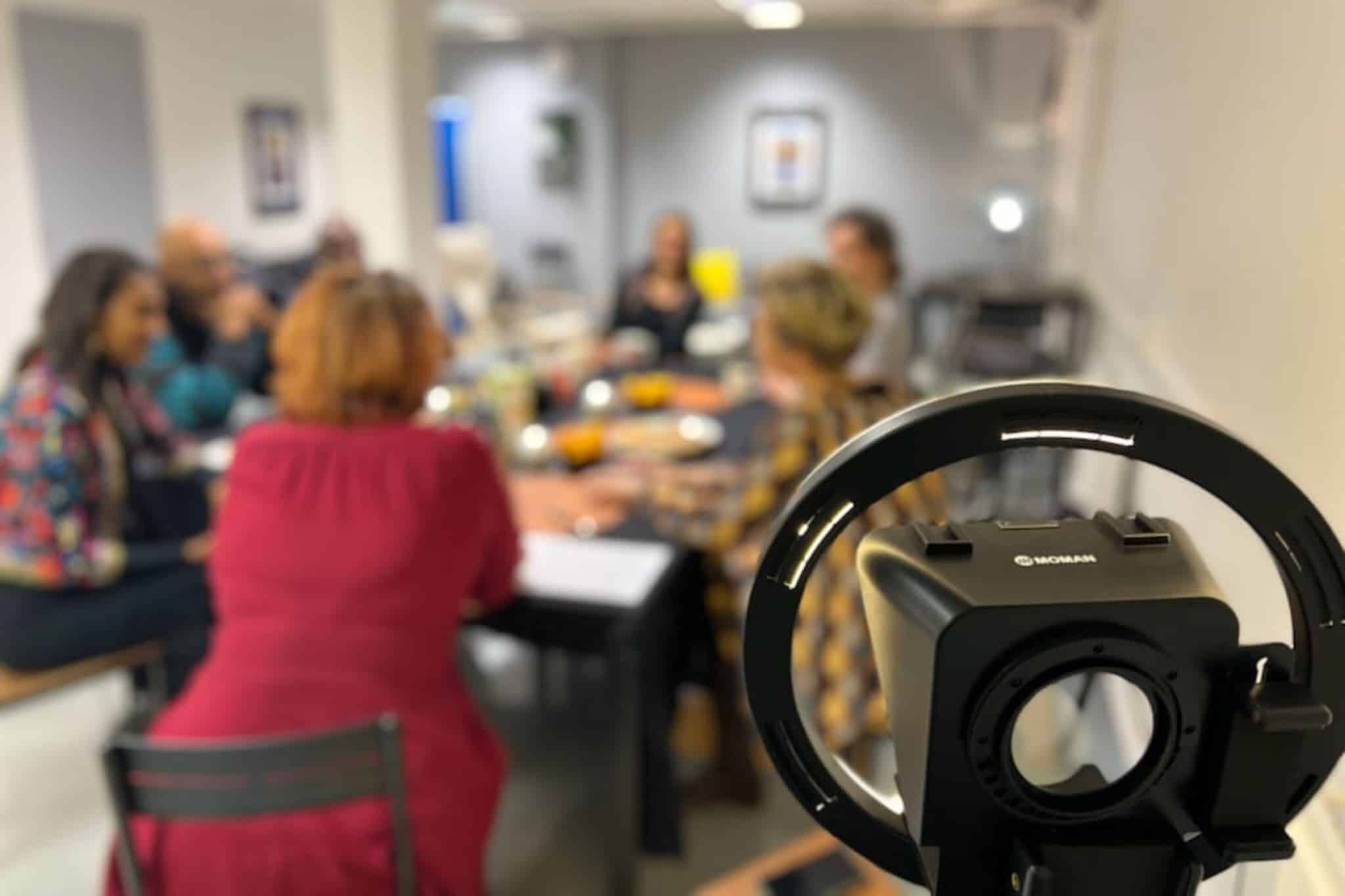
Family support 2022-2024
Parent, what a story!? No to parental burnout
More and more parents in France say they feel continually exhausted and feel a sense of failure: we talk about parental burnout. We wish to give them (back) confidence in their parenthood, to help them find the pleasure of being with their child, whatever their culture, their lifestyle and their available time.
Share this project:
Support us:
The context
If the child is an individual in his own right from the very beginning, he is no less dependent on his parents. The role of the family is fundamental to the proper development of the child. However, we too often forget that the parent is subject to varying constraints and resources to ensure his or her role. Geographical, economic and social conditions, as well as access to culture, are all factors that have an influence on the education offered.
Between the social duty of raising one's child to be a responsible citizen, leading one's own professional life and ensuring one's own personal well-being while managing the vagaries of life, Many parents report suffering from parental stress, often repressed, or parental burnout.
A concept that challenges the idea that parenthood should only consist of moments of happiness, the first studies on parental burnout date back to the late 1980s.
This situation of parental malaise seems especially present in France. According to a study conducted by IPSOS in 2017, 57% of parents feel guilty about not spending enough time with their children.
According to an extensive research program launched in 2015 by PhDs Isabelle Roskam and Moira Mikolajczak, the wealthier but also more individualistic Western lifestyle is one reason why these parenting concerns are so pervasive. Contrary to certain cultures for which "it takes a whole village to take care of a child"! This shows a strong impact of the cultural construction in the way of parenting, but also of a real diversity of possibilities in the way of educating one's children.
However, in France, many parents from diverse cultures also say they are losing confidence in their role, criticized for the way they educate their children, according to Marie Rose Moro, child psychiatrist and specialist in transcultural psychiatry.
How is your donation used?
For every 100€ collected by Planète Enfants & Développement, 84€ are dedicated to our social mission.
Our projects are evaluated by independent firms. And our accounts are audited and certified each year by KPMG.
Less time spent by non-educated mothers with their children between 1965 and 2012 in France
%
of parents feel guilty about not spending enough time with their children (Ipsos 2017)
%
of women say they seek advice first from other mothers (Ifop 2022 survey)
The project
Conceived by early childhood educators, daycare directors and trainers, and based on the association's 10 years of experience in supporting parenthood in 4 countries, the "Parent, what a story" project launched in 2022 in France aims to put the parent/child relationship at the heart of education. It aims to enhance the role of parents, to help them let go and trust each other, whatever their culture and background.
The project aims at freeing the word, creating a community of parents on a territory but also drawing the attention of professional teams on the multiplicity of the forms of education.
Exchange and support groups for parents
Each workshop organized by Planète Enfants & Développement brings together about ten parents. A facilitator makes them express themselves on their parenthood, their difficulties, but also their good moments and their pleasures in their relationship with their children. The facilitator values their role as parents and their practices, their moments of shared happiness with their children. They learn to trust each other. Listening and sharing their pride in being a parent are emphasized.
At the end of 2022 and the beginning of 2023, we conducted 3 workshops in the Ile de France region with participants from all walks of life (mothers in precarious situations, or even in exclusion, as well as educators in training).
" I'm on the subway thinking about the two workshops I attended. The experience of other parents can have a particular echo in certain evocations... I think that these workshops create a link and give us the chance to reassure ourselves. Thank you for this beautiful experience which allows us to settle down, take time and tell each other about our experiences in a warm and friendly atmosphere. ", Melanie.
The realization of video capsules
At the end of the workshops, the volunteer parents are invited to share their testimonies in front of the camera, under the supervision of a director specializing in socially committed documentaries. The experience has shown how much the camera can liberate speech, give pride to parents, and be a vector of strong and moving messages that speak to everyone. The films are then edited into 3.5 minute vignettes (one per parent). It is planned to produce 25 vignettes.
Following the workshops held in late 2022 and early 2023, we captured the testimonies of 8 parents. Their vignettes are being edited in the spring of 2023.
Pedagogical days for parenting professionals
We wish to promote the video clips produced in the framework of the parenting workshops as tools to be used during pedagogical days for professional teams working in the field of parenting. They aim to change postures, to open up to the diversity of parenting practices, and to consider the parent with his or her culture and history, without judgement, to learn how to restore confidence. The capsules will also be used as training materials for training institutes.
In 2023/2024, we also want to distribute the capsules in mini-series on various online media. Far from epinal images, it is by their simplicity and authenticity that these videos will echo the experiences of the parents listening to them, that they will act as a mirror to reflect on their own parenthood and (re)build their own path.
Other projects :
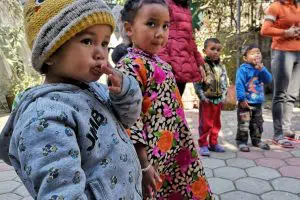 Nepal : The awakening of the little ones, a priority
Nepal : The awakening of the little ones, a priority
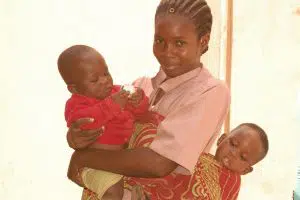 Burkina Faso: support for parenthood
Burkina Faso: support for parenthood
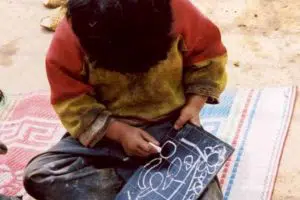 Vietnam: better child care
Vietnam: better child care
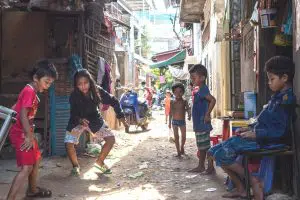 Cambodia: support for children and parents in the slums
Cambodia: support for children and parents in the slums
"A model largely guided by the idea that there is only one right way to care for children causes many parents to suffer... The posture of some professionals who lecture makes migrant parents feel fragile and doubtful of their skills ."
Marie Rose Moro, child psychiatrist and specialist in transcultural psychiatry
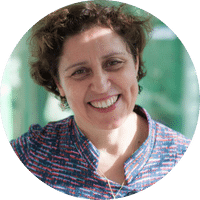
Our partners in the field
Elodie Blin
consultant - early childhood educator - facilitates workshops with parents.
Leïla Chaïbi
director - member of the association La Lucarne - directs the video capsules.
